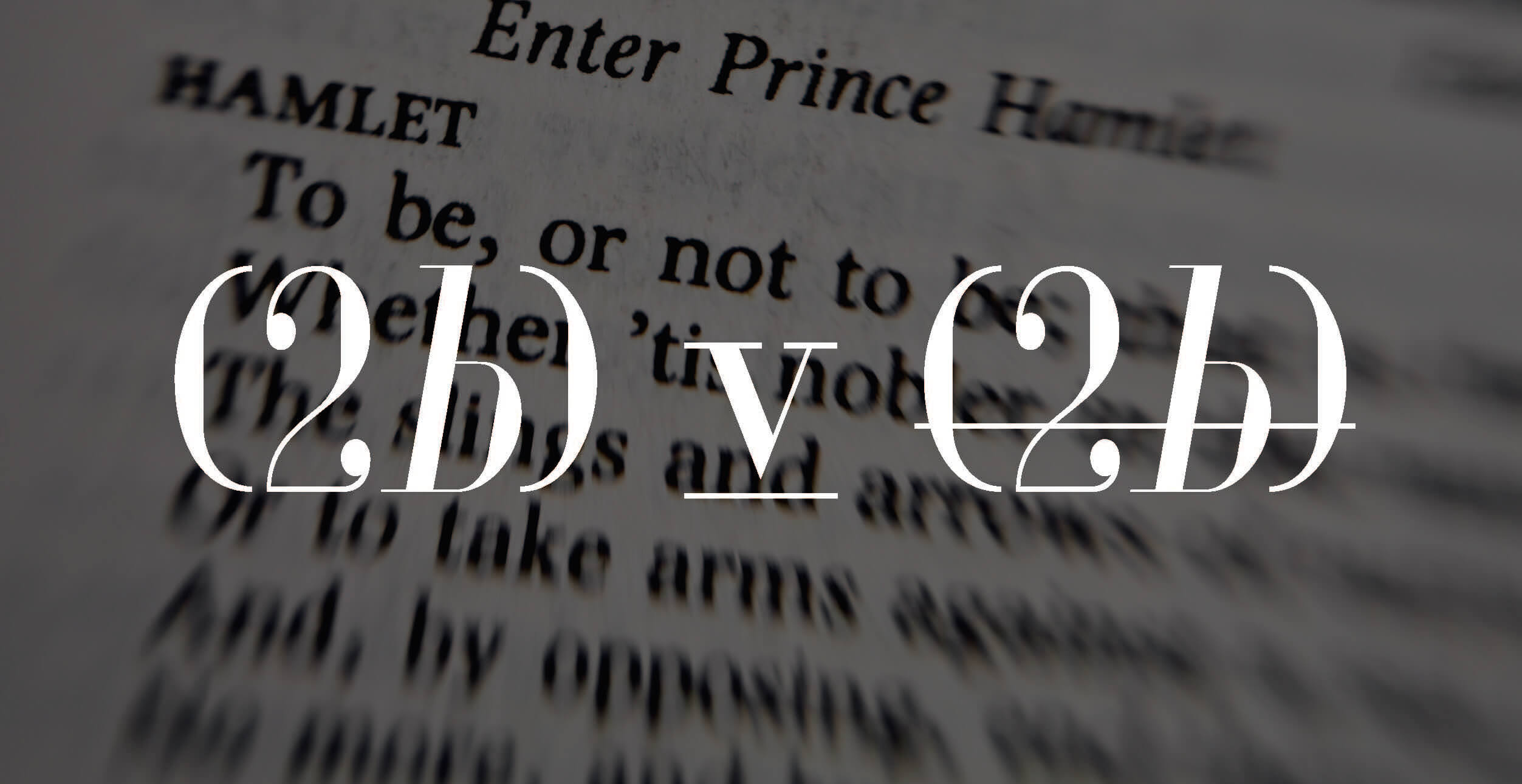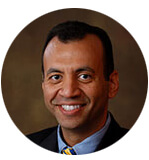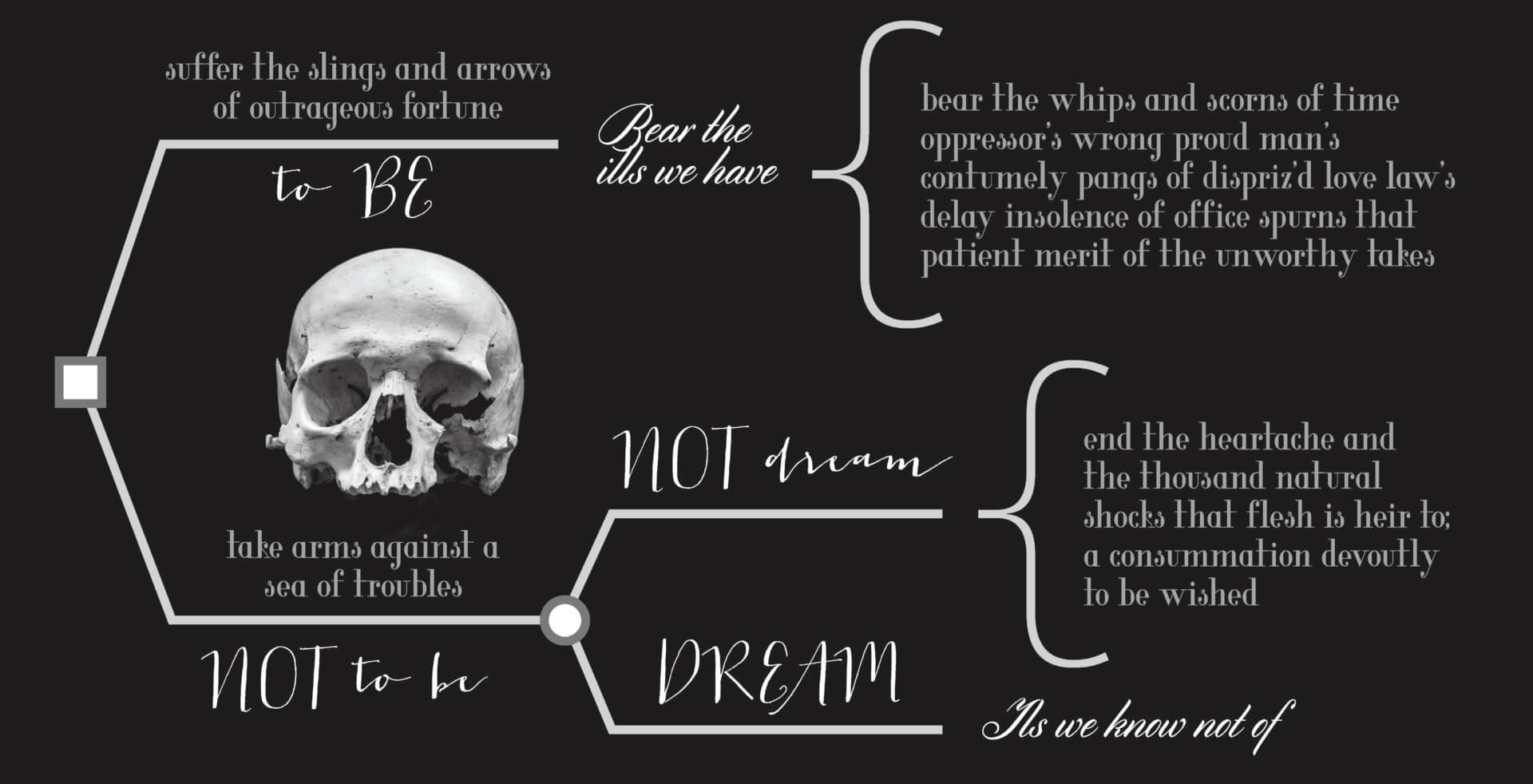 “To be, or not to be, that is the question.”
“To be, or not to be, that is the question.”
Hamlet’s inner torment plays up the perennial truth that sometimes the worse decision is indecision.
Today we are inundated with information but not enough illumination, with loads of examples of decision making gone wrong. But decisions don’t have to be of epic proportions. We make decisions every day, from what route to take to work, to what to eat for lunch. And Professor Ali Abbas wants turn us into decision-making ninjas.
“The most important lesson in decision making is the difference between a decision and an outcome,” said Abbas, a professor of industrial and systems engineering and public policy at USC Viterbi and the USC Price School of Public Policy. “This distinction is at the heart of many decision failures. It is why we are often reluctant to make a decision if we will be judged only by the quality of the outcome.”
Abbas believes that a culture of sound decision making should be embraced as a fundamental part of one’s personal and professional life.
Having just ended his term as president of the Homeland Security Center for Risk and Economic Analysis of Terrorism Events (CREATE) — the USC Price-Viterbi think tank that evaluates the risks, costs and consequences of terrorism and provides analytical tools and guidance for a number of high-stakes partner agencies — Abbas is now launching the USC Center for Interdisciplinary Decisions and Ethics (DECIDE).
An accomplished industrial and systems engineer, Abbas has served on the advisory boards of major oil and energy corporations and was introduced to decision making on the job in the oilfield. Later, at Stanford University, he was exposed to decision analysis and was so “hooked,” he said, that he earned a Ph.D. in it.
In addition to teaching at the graduate and undergraduate levels, Abbas teaches decision making in public policy and to business executives and at-risk teens in juvenile detention centers. He just published a book, Foundations of Decision Analysis, with Ronald Howard of Stanford.
Reverse-engineering decisions can help us see the cracks in our own decision logic and get us to move from fallibility (“my dog ate my homework”), to fault (“I should probably feed my dog”).
“The key is identifying the right problem, not just the right decision,” Abbas said. “Frame the problem. Never underestimate the power of the frame.”
For example, if you need a place to live, you could frame the problem as one of finding a new rental apartment or house. You could also use a larger frame that includes buying a home as an alternative. The choice of a frame, then, determines the decision basis and is the most fundamental aspect of making a decision.
“In practice it’s about embracing uncertainty,” Abbas said. “Experienced decision makers know what they can and can’t control and focus on the quality of the decision-making process, not just the outcome.”
To make his decision methodology available to the public, Abbas founded Ahoona, an online decision-making social network that has several thousand users around the world. Ahoona invites users to post an imminent decision to friends or to the world. You can post anonymously or with your real name. If you post with your real name, Ahoona will notify your friends.
In the case of “What can I do to impress my girlfriend’s mother?” for instance, some users provided suggestions like “Take her out shopping” or “Remembering and visiting on her birthday.” Others provided relevant information including a link to a page titled “9 Tips on How to Impress Your Girlfriend’s Mother.” Still others posted bigger-picture questions like, “Do you want to keep dating your current girlfriend?” or “Is your girlfriend’s mother the most important person in her family as far as impressing goes?”
“My vision for Ahoona is not just to collect a large database and get the information element right, but also collect a database of alternatives. We want to improve societal decision making as a whole,” Abbas said.
Ahoona’s timing couldn’t be better. On Sept. 15, President Obama issued an executive order calling on government agencies to use findings from behavioral economics and psychology about “how people make decisions and act on them.”
Abbas will teach his first decision-analysis course, which is open to all USC students, in the fall of 2016.





